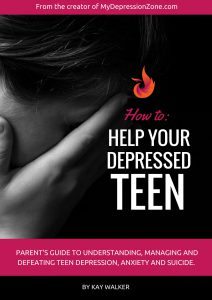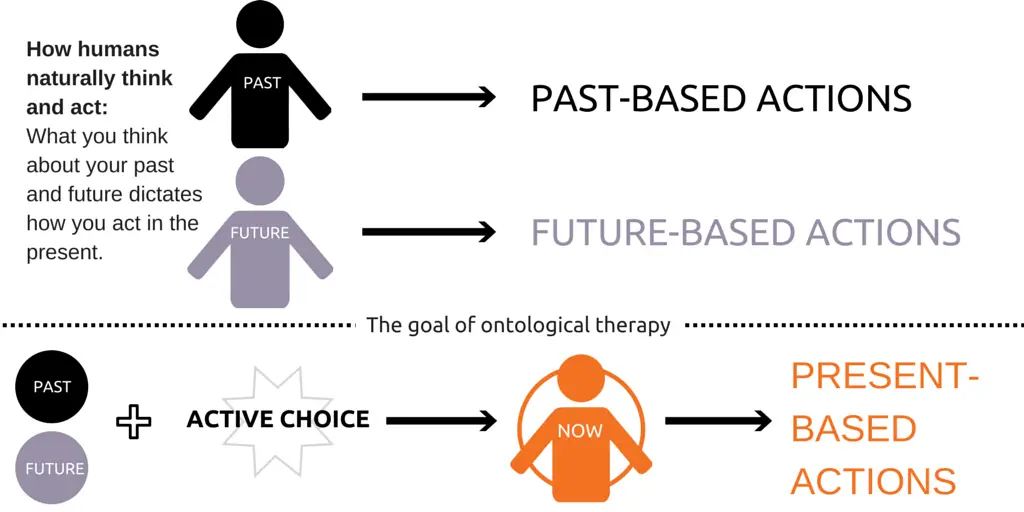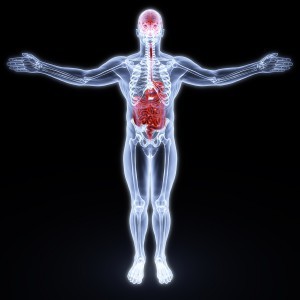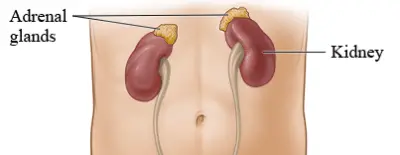 A list of possible symptoms of teenage depression
A list of possible symptoms of teenage depression
When teens get depressed, sometimes you will see noticeable behavior changes, sometimes they will be more subtle. If you have been wondering: Is my teen depressed? Then look at this list and if the answer is yes to more than half of the symptoms, you might want to investigate further and take action to help them.
Here are some signs your teen may be depressed:
Depressive behaviors
- They may have little or almost no motivation. They might become withdrawn and not communicate.
- They might close their bedroom door and stay in their room for hours at a time, on evenings and weekends.
- Depressed teens may sleep excessively.
- You might also see a change in eating habits
- They may exhibit apathy, not caring about anything they previously showed interest in.
Illicit activities
- Some might even participate in criminal behaviors. They may shoplift or vandalize property or bully other kids.
- They might drink and drive or use alcohol to excess.
- They may also engage in illicit drug use.
- In keeping with other items in this list you may see rebellious behavior from them.
- Some engage in promiscuous sexual activity.
Physical symptoms
- Teens who are depressed my complain of pains, including headaches, stomach aches, low back pain, or fatigue.
- There could be a loss of interest in food, and there will be a resulting weight loss.
- They may eat more and compulsive overeat and that could result in rapid and noticeable weight gain.
- They could experience memory loss or complain of fuzzy thinking or exhibit poor logic.
School and Social Life
- They may have trouble at school.
- They may be late for classes.
- They might skip school.
- Teachers may report a sudden drop in grades.
- They can have difficulty concentrating.
- They may struggle with making decisions for themselves.
- You might see withdrawal from friends, self-imposed isolation as well as sadness and loneliness.
Unusual Behaviors
- Some teens suffer from excessive or inappropriate guilt.
- Depressed teens may engage in irresponsible behavior. They may shirk responsibility. Ignore chores.
- Failure to show up for part time jobs.
- Sometimes there is a preoccupation with death and dying.
- Insomnia can also be an issue. You may see staying awake at night and sleeping during the day.
- Sadness, anxiety, or a feeling of hopelessness can be present.
If you need help or what to research teen depression further, you might find this Parent’s Guide to Teen Depression useful.


 I learned about the connection in 2008. I was taking a low dose of an antidepressant (prescribed to me during my teen years) that I was trying to wean off of, and went to see a naturopathic doctor.
I learned about the connection in 2008. I was taking a low dose of an antidepressant (prescribed to me during my teen years) that I was trying to wean off of, and went to see a naturopathic doctor.
